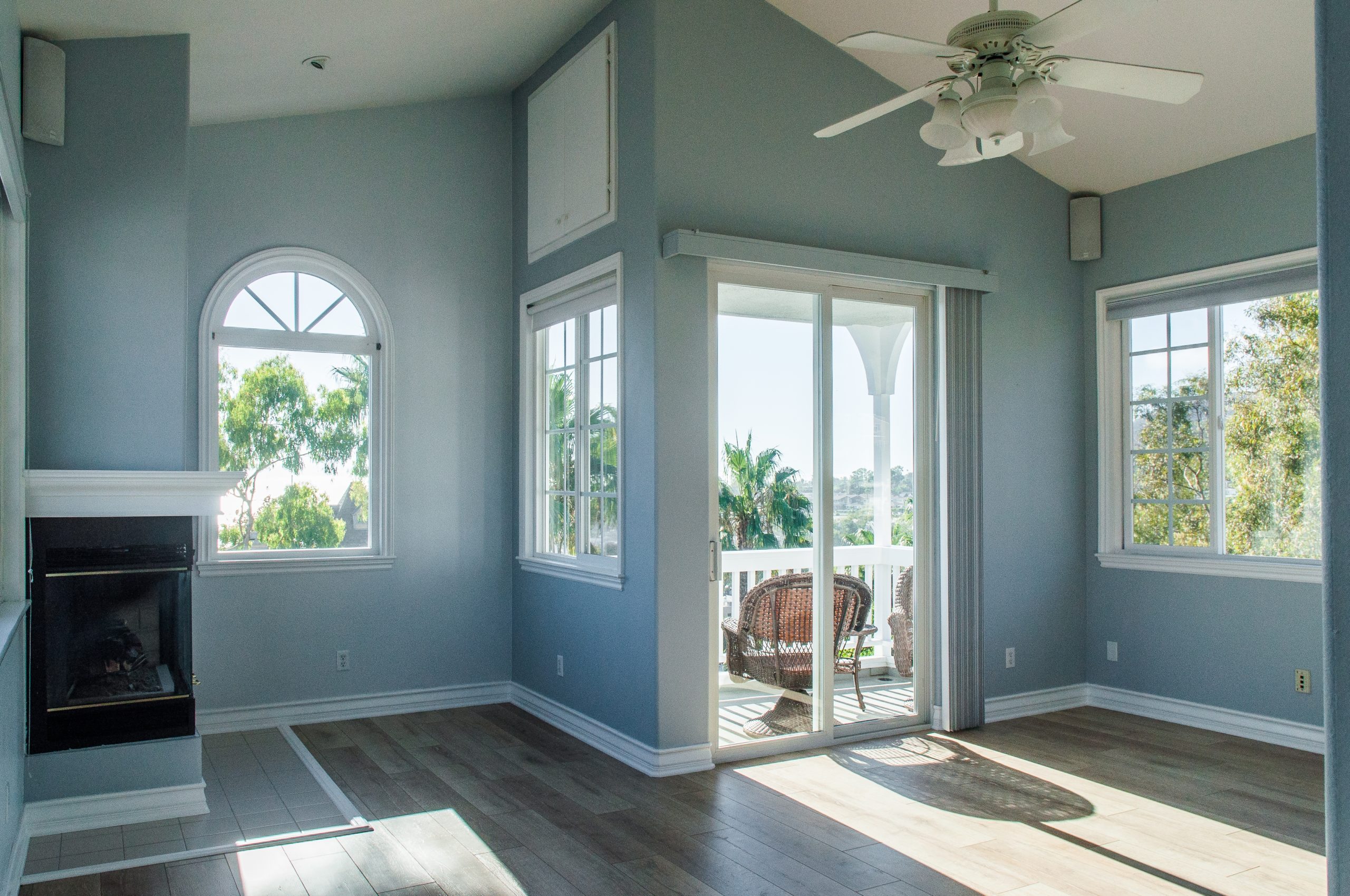
Introduction-
Window film has become an increasingly popular choice for homeowners and businesses alike. With the vast array of benefits it offers, it’s no surprise that it has garnered so much attention. But what exactly is window film, and what can it do for you? In this comprehensive guide, we will explore the various types of window film available, their benefits, and important factors to consider before installation. So, let’s dive in and unlock the secrets of window film!
1. What is Window Film?
Window film is a thin, adhesive material applied to the interior surface of a window. It is made from polyester and comes in various types, each with its unique benefits and purposes. Window film can help improve energy efficiency, enhance privacy, block harmful UV rays, and even strengthen windows for added security. With such a wide range of applications and benefits, window film has become an essential addition to residential and commercial properties alike.

Window Film
2. Types of Window Film-
There are several types of window film available, each catering to specific needs and preferences. Some of the most common types include:
– Solar Window Film: This type of film is designed to block UV rays, reduce glare, and improve energy efficiency. It helps keep your space cooler in the summer and warmer in the winter, ultimately reducing energy costs.
– Security Window Film: As the name suggests, security window film is designed to add an extra layer of protection to your windows. It can help deter break-ins by making windows more difficult to penetrate and can also help hold shattered glass together in case of an accident or natural disaster.
– Decorative Window Film: This type of film is used to enhance the aesthetics of your space. It comes in various designs, patterns, and colors, allowing you to customize the look and feel of your windows while also providing privacy and light control.
– Privacy Window Film: Designed to obstruct the view from the outside, privacy window film is perfect for those looking to enhance the privacy of their home or office without sacrificing natural light.
3. Benefits of Window Film-
Window film offers a plethora of benefits, making it an attractive option for property owners. Some of the key advantages include:
– Improved Energy Efficiency: By regulating temperature and reducing heat gain, window film can help lower energy costs and improve overall comfort.
– UV Protection: Window film can block up to 99% of harmful UV rays, protecting your skin and preventing fading of furniture, flooring, and other interior elements.
– Enhanced Privacy: Many types of window film can obscure the view from the outside, providing increased privacy without the need for curtains or blinds.
– Added Security: Security window film can deter break-ins and protect against accidents or natural disasters by holding shattered glass together.
– Aesthetic Appeal: Decorative window film can transform the appearance of your windows, adding style and character to your space.
4. Residential vs. Commercial Window Film-
While window film benefits both residential and commercial properties, there are some differences in the types and applications of window film in each setting.
Residential window film typically focuses on privacy, decorative elements, and energy efficiency. Homeowners often choose solar or privacy window films to help regulate temperature, reduce glare, and protect their belongings from UV damage.
Commercial window film, on the other hand, often prioritizes security and energy efficiency. Businesses may opt for security window film to protect their property and assets, as well as solar window film to help reduce energy costs and create a more comfortable working environment.
5. Factors to Consider Before Installation-
Before installing window film, there are several factors to consider:
– Purpose: Determine the primary goal of the window film, whether it’s energy efficiency, privacy, security, or aesthetics.
– Type of Film: Based on your purpose, choose the appropriate type of window film that best meets your needs.
– Compatibility: Ensure that the window film is compatible with your existing window glazing and frames.
– Warranty: Look for a window film product that comes with a solid warranty to protect your investment.
– Professional Installation: For best results, consider hiring a professional window film installer to ensure a seamless and long-lasting application.

Window Film
6. Window Film Installation Process-
The installation process for window film typically involves the following steps:
– Cleaning: The window surface is thoroughly cleaned to remove any dirt, dust, or debris.
– Measurement: The window film is measured and cut to fit the exact dimensions of your window.
– Application: A mild adhesive solution is applied to the window before carefully positioning the film.
– Smoothing: A squeegee or similar tool is used to smooth out the film, removing any air bubbles or creases.
– Drying: The film is left to dry and adhere to the window, a process that may take up to a few days depending on the type of film and environmental conditions.
7. Window Film Cost-
The cost of window film varies depending on several factors, including the type of film, the size of your windows, and whether you choose to hire a professional installer. On average, window film can cost anywhere from $5 to $15 per square foot, with professional installation typically adding an additional $2 to $5 per square foot.
8. Frequently Asked Questions-
– Can window film be removed? Yes, window film can be removed, though professional assistance is recommended to avoid damaging the window or leaving residue behind.
– Will window film damage my windows? When properly installed, window film should not damage your windows. However, it’s essential to ensure compatibility with your window glazing and frames before installation.
– How long does window film last? The lifespan of window film varies depending on the type and quality of the film, as well as environmental factors. However, most window films can last anywhere from 10 to 20 years.
9. Conclusion-
Window film offers numerous benefits for both residential and commercial properties, from improved energy efficiency and UV protection to enhanced privacy and security. By understanding the different types of window film available and considering your unique needs and preferences, you can make an informed decision to unlock the full potential of this versatile and cost-effective solution. So, whether you’re looking to save on energy costs, protect your belongings, or simply add a touch of style to your windows, window film may be the perfect solution for you.
